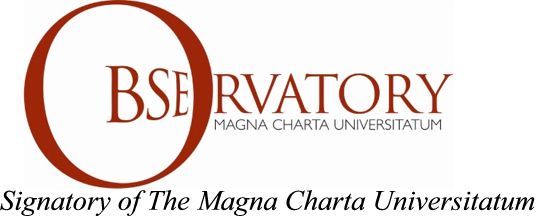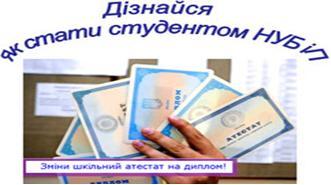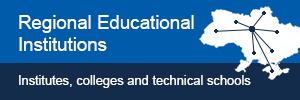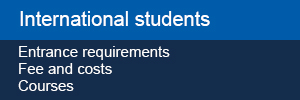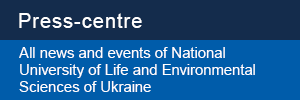Specifics of inclusive economy at the seminar “EU Practices of Inclusive Economy” within the framework of the Erasmus+ project, Jean Monnet module “EU Practices of Social and Economic Inclusion”
On September 13-18, 2024, at the National University of Life and Environmental Sciences of Ukraine, the project coordinator, Doctor of Economics, Corresponding Member of the National Academy of Sciences of Ukraine, Professor of the Department of Production and Investment Management Lidiia Shynkaruk held a seminar “EU Practices of Inclusive Economy”. The seminar is being implemented within the framework of the Erasmus+ project of the European Union Program, Jean Monnet module “EU Practices of Social and Economic Inclusion”.

The program of the seminar “EU Practices of Inclusive Economy” allowed more than 100 students, teachers and postgraduate students to get acquainted with the main approaches to the implementation of the EU's inclusive development policy, which is extremely relevant and important in the context of Ukraine's integration into the EU. The structure of the seminar included a course of lectures, which were actively discussed by the participants, including:
Topic 1: Inclusive development policy and priorities of the European Commission for 2019-2024.
Topic 2. Experience of the EU industrial policy.
Topic 3: European Green Deal.
Topic 4. Europe fit for the digital era.
Topic 5. Economy that works for people.
Topic 6. A stronger Europe in the world.
Topic 7. Promoting the European way of life.
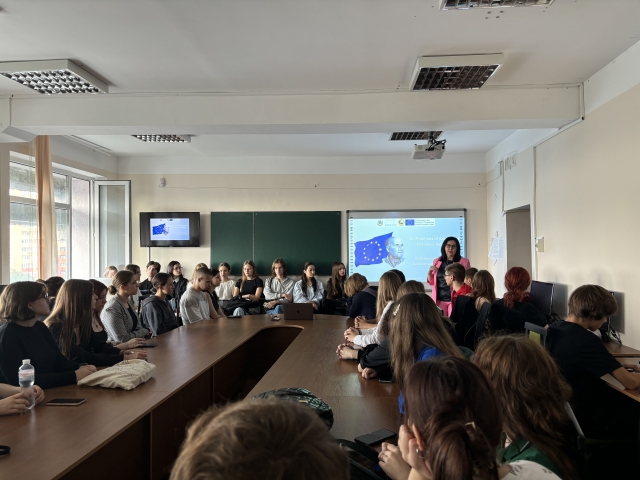

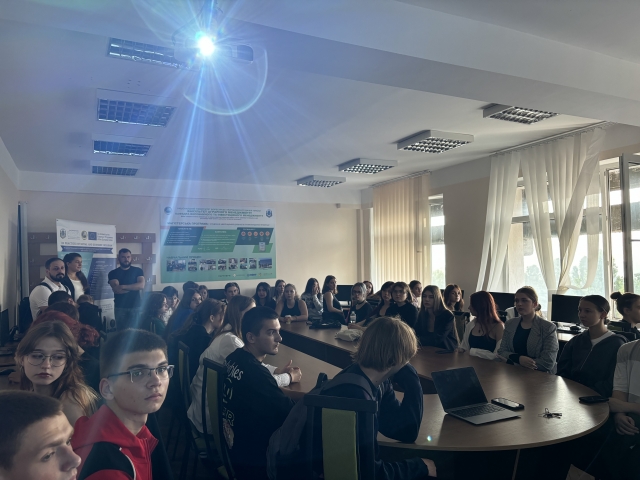
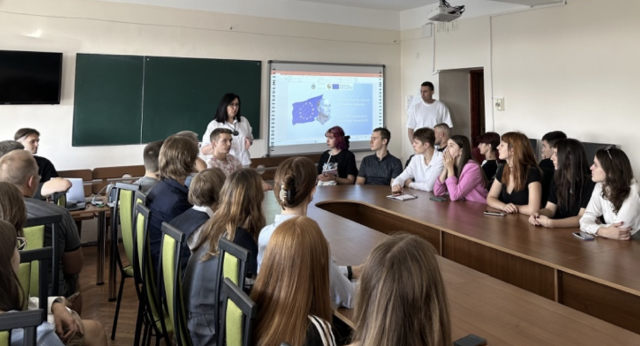
Lidiia Shynkaruk focused on the possibilities of implementing inclusive development policy in the European Commission's priorities for 2019-2024 and key indicators of inclusive growth and development. A special atmosphere of discussion prevailed during the discussion of the possibilities of implementing an inclusive approach in Ukraine's development strategy during the war and in postwar Ukraine. Professor Lidiia Shynkaruk also focused on the preparation of project applications under the European Union's Erasmus+ Program (Jean Monnet module, KA1, KA2) and paid considerable attention to the evaluation criteria for applications. Lidiia's experience in managing successful projects that have already received funding, as well as key aspects of their implementation, played an important role in this. In addition, the students were able to learn about additional open networks and resources and the importance of economic inclusion in project applications to EU funds.
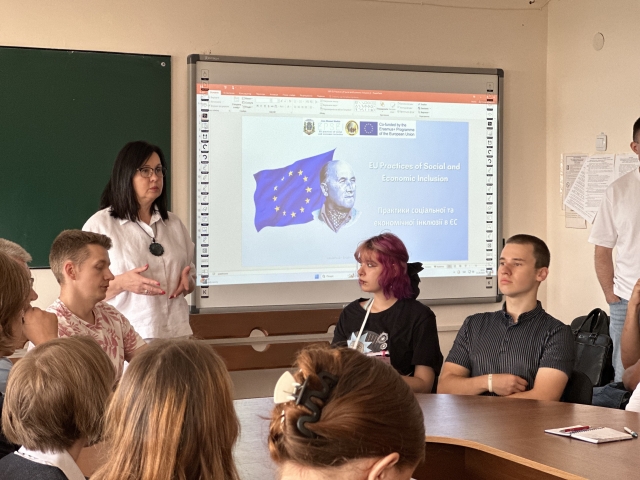


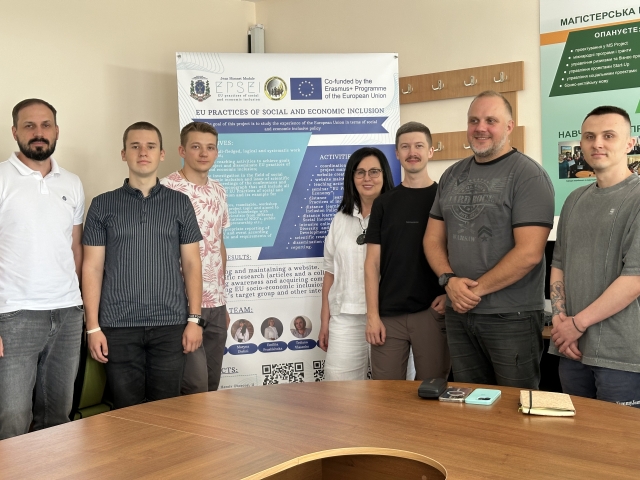
Lidiia Shynkaruk focused on the practical orientation of the seminar, which will enable all participants to acquire the knowledge and skills necessary for the successful implementation of projects and understand Ukraine's path to adapt national legislation to EU legislation and the need to implement the experience of socio-economic inclusion of EU development programs and strategies in Ukraine.
All the participants of the seminar noted the high level of its preparation and conduct, and expressed their gratitude to the speaker for the thoroughness, professionalism and applied nature of the materials presented.
Until October 20, higher education students and the academic community, participants in Erasmus+ projects, initiative youth, and all interested parties have the opportunity to read the materials of the seminar “EU Practices of Inclusive Economy”, which are available in Google Class and receive certificates.
Link: https://classroom.google.com/c/NzE3OTI0MzUzMTQ4?cjc=fwkffau
class code: fwkffau

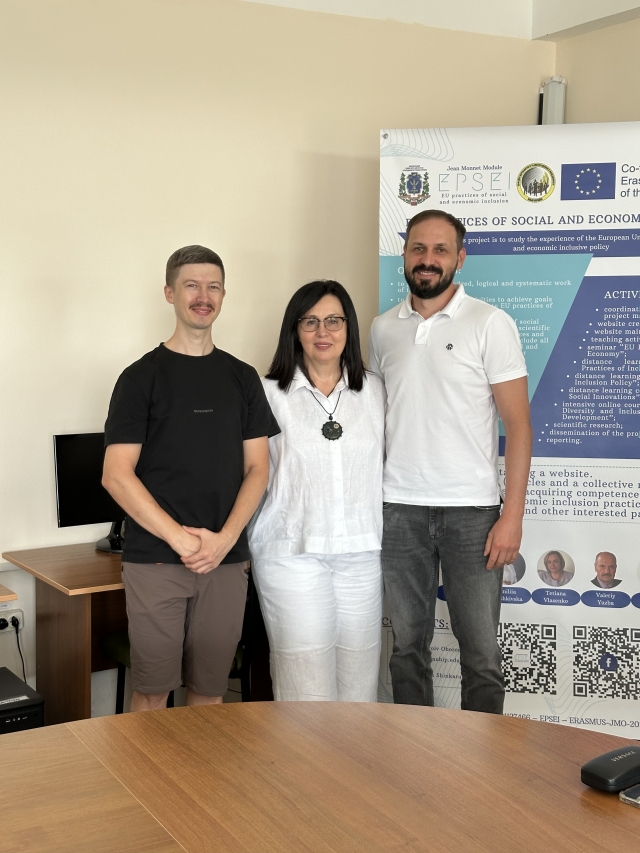
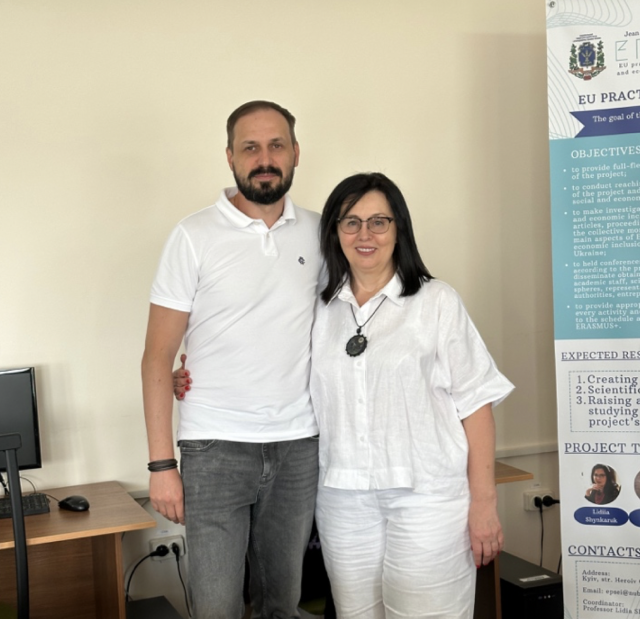

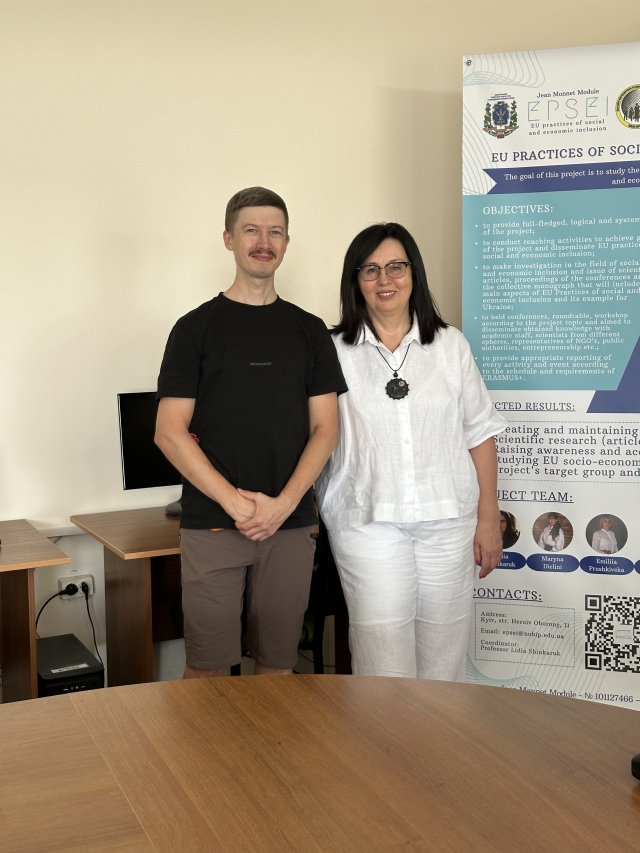

More information about our project can be found here:
Project website: https://www.epsei.info
Facebook: https://www.facebook.com/JMEPSEI
Telegram: https://t.me/epsei



